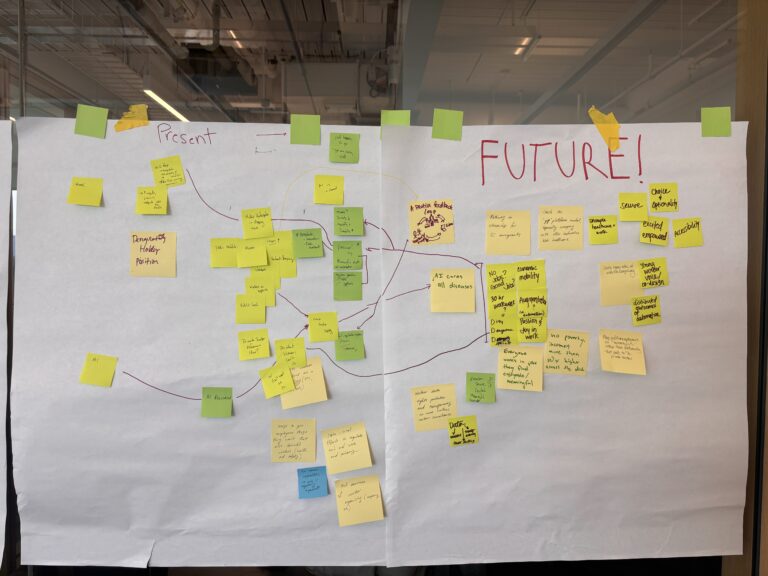Siegel Family Endowment is thrilled to introduce the 2022-2023 cohort of researchers, academics, and public policy experts who make up the foundation’s Siegel Research Fellows Program. Selected by leading institutions included in our research grants portfolio, these individuals will conduct research broadly at the intersection of social science and technology, with a focus on questions around intelligence, information, innovation, development, decisions and design.
As compared to last year’s cohort, we have expanded this year’s group of host institutions to include not only academia, but also think tanks and other non academic centers. We expect the cohort will extend and deepen the research knowledge produced by the foundation, as well as advance the fellows’ individual research agendas and extend the audience for their findings and insights. The fellowship year is underpinned by core activities, including monthly research seminars, events hosted by the fellows and their host institutions, co-development and sharing insights pieces focused on reaching a non-academic audience, and an in-person networking event in New York City. John Irons, Senior Vice President and Head of Research, will oversee the program.
This group of fellows currently includes:
Ruth Elisabeth Appel
Center on Philanthropy and Civil Society, Stanford University
Ruth Appel is a PhD Candidate at Stanford University who combines insights and methods from psychology, political science and computer science to develop and evaluate evidence-based interventions to promote the common good. She is particularly passionate about preventing the spread of misinformation, encouraging political participation, promoting wellbeing and mental health, and addressing ethical challenges related to new technologies.
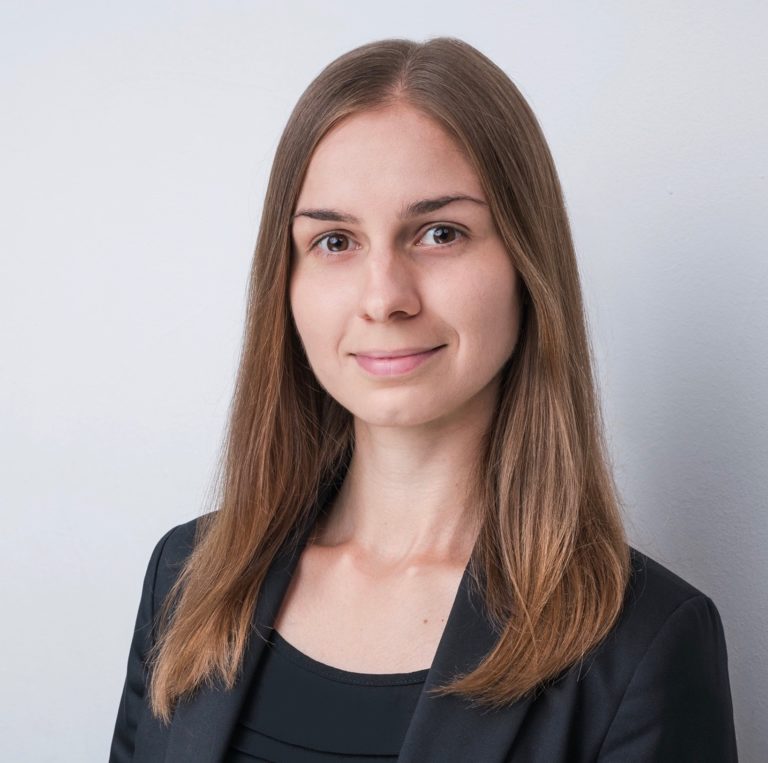
Her current research projects include an online game to combat vaccine misinformation, a study of how partisanship affects content moderation preferences, and she has written about the ethics and privacy implications of new technologies.
She gained work experience as a UX Research Intern at Google, as a Research Associate at theCenter for Advanced Hindsight at Duke University, and as an Intern at the EU Delegation to the UN in New York. She holds a Master’s in Public Policy from Science Po Paris and a B.Sc. in Economics from the University of Mannheim. As Vice President of the Stanford German Student Association, she is involved in building transatlantic bridges. @rutheappel on Twitter
Laetitia Avia
Center for America Progress
Laetitia Avia is a lawyer and Senior Fellow at Center for American Progress where she works on Digital Democracy issues. She was a member of French Parliament from 2017 to 2022 and spokesmowan of President Macron political party.
As an MP, she worked in particular on the regulation of social media. She is the author of the French law – known as the “AVIA Bill” – which aims to regulate technology companies and fight online hatespeech. She also contributed to the works of the European Commission and the drafting of major EU digital regulation – the Digital Services Act (DSA).
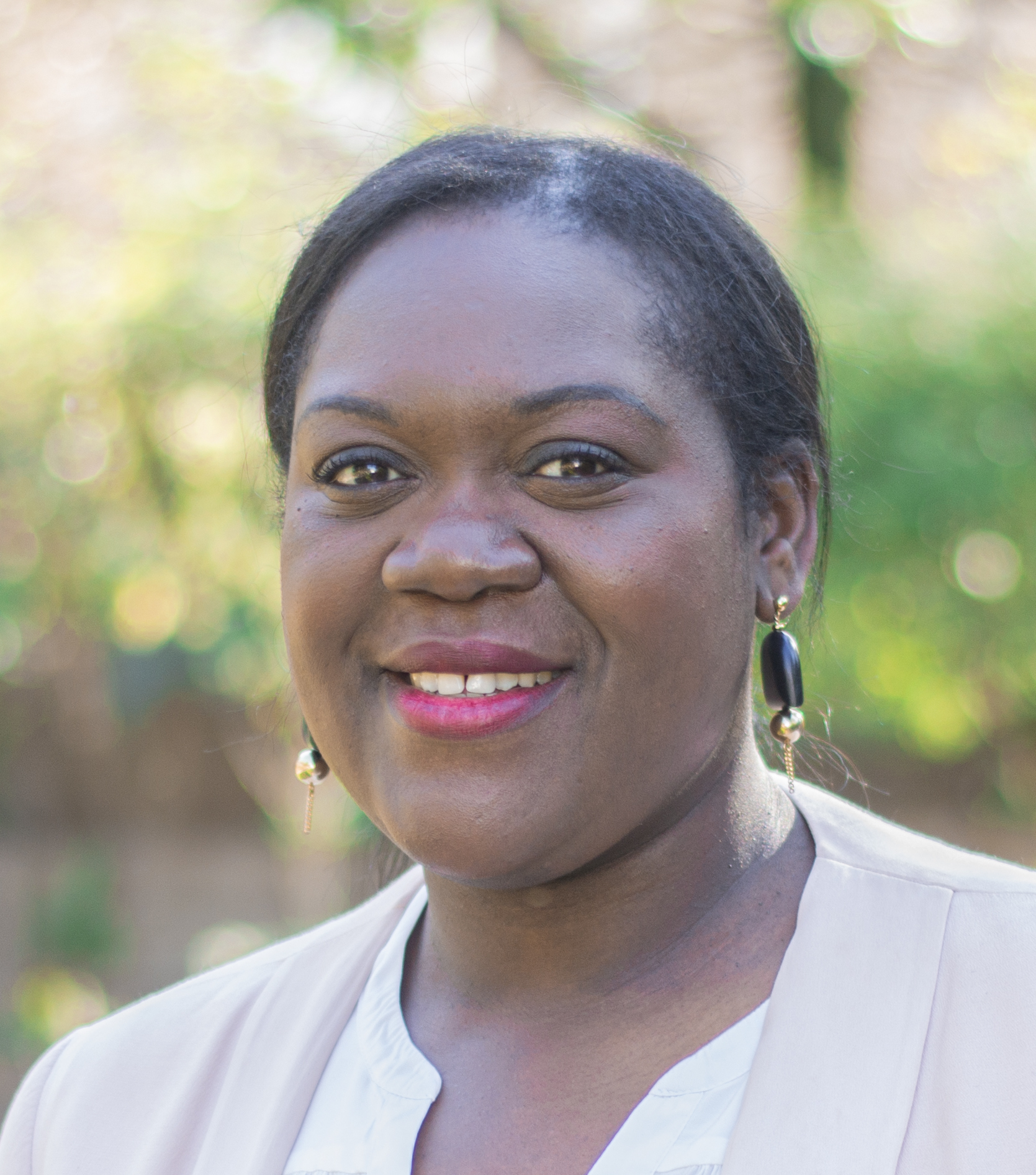
She published several articles and reports on digital abuses, among them a report on digital threats to democracies, with UE MP Sandro Gozi and former Digital Minister Mounir Mahjoubi.
Laetitia Avia was a spokeswoman and President of the board of Emmanuel Macron’s political party, La Republique En Marche, now called Renew. As such, she became a voice for progressist ideas in France and a well-known figure in the fight against discrimination.
Brandi Geurkink
Senior Policy Fellow, Mozilla
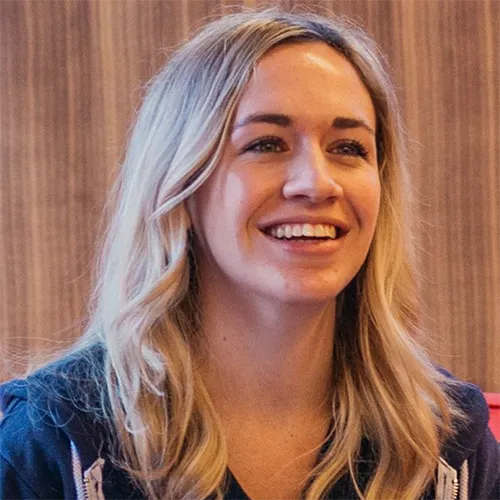
Brandi Geurkink is a Senior Policy Fellow at Mozilla, the global nonprofit behind Firefox. At Mozilla, Brandi comes up with new ways to hold the internet’s biggest platforms accountable for algorithms, online advertising, privacy, and other issues. Brandi is the creator of YouTube Regrets, the largest-ever crowdsourced investigation into YouTube’s recommendation engine and its impact on society. YouTube Regrets has been featured in hundreds of news stories, cited in the EU’s Digital Services Act, and won a coveted Shorty Impact Award.
In addition to her role at Mozilla, Brandi is also a Strategic Consultant for Reset Tech, part of Luminate Strategic Initiatives, and a Research Fellow with Siegel Family Endowment. @bgeurkink on Twitter and LinkedIn
Sophie Kelmenson
Department of City and Regional Planning, University of North Carolina
Sophie Kelmenson is a postdoctoral fellow in City and Regional Planning at the University of North Carolina at Chapel Hill and a Siegel Family Endowment Research Fellow. Her research and publications examine opportunities for equitable development, often in the context of the food system. Recent projects have examined labor quality in the sustainable food systems, how innovation and inclusion may be jointly pursued in advanced manufacturing, and how the agritech sector may influence sustainable development and equity outcomes. @sophiekelm on Twitter and LinkedIn
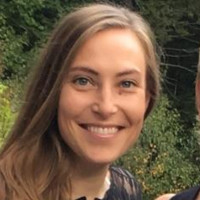
Nathan Matias
Center for Advanced Study in the Behavioral Sciences, Standfor University

Dr. J. Nathan Matias (@natematias ) organizes citizen behavioral science for a safer, fairer, more understanding internet. A Guatemalan-American, Nathan is an assistant professor in the Cornell University Department of Communication and field member in Information Science.
Nathan is a 2022-23 Lenore Annenberg and Wallis Annenberg Fellow in Communication and Siegel Research Fellow at the Center for Advanced Study in the Behavioral Sciences, Stanford University. In the summer of 2022-23, he is also an visiting associate research scholar at the Knight First Amendment Institute at Columbia University.
Nathan is founder of the Citizens and Technology Lab, a public-interest research group at Cornell that organizes citizen behavioral science and behavioral consumer protection research for digital life. CAT Lab has worked with communities of tens of millions of people on reddit, Wikipedia, and Twitter to test ideas for preventing harassment, broadening gender diversity on social media, responding to human/algorithmic misinformation, managing political conflict, and auditing social technologies. Nathan is also pioneering industry-independent evaluations on the impact of tech platform policies in society.
From 2017-2019, Nathan was an associate research scholar at Princeton University in Psychology, the Center for Information Technology, and Sociology. In 2017, Nathan completed his Ph.D. at the MIT Media Lab with Ethan Zuckerman on the governance of human and machine behavior in an experimenting society (video) (thesis). Nathan also spent several years as a fellow at Harvard’s Berkman Klein Center for Internet and Society. Before MIT, Nathan worked in tech startups that have reached hundreds of millions of phones, helped start a series of education and journalistic charities, and studied English/postcolonial literature at the University of Cambridge and Elizabethtown College. His writings have appeared in The Atlantic, PBS, the Guardian, FiveThirtyEight, and other international media.
Nathan has received numerous honors in academia, industry, and nonprofits. He is recipient of the Nelson Award from the Association for Computer Machinery and the Linda Tischler Award from FastCompany, where his work has been honored twice in the Innovation by Design awards. He has held scholarships and fellowships at the Aspen Institute, St John’s College Cambridge, the Royal Society of Arts, and the Einhorn Center at Cornell. Matias has also received several awards for nonfiction writing and documentary media.
Nathan’s work is regularly covered by international media, including the New York Times, Washington Post, Wall Street Journal, NPR All Things Considered, WIRED, The Atlantic, The Guardian, Boston Globe, Canadian Broadcasting Company, FastCompany, Fortune, Chronicle of Higher Education, Nieman Journalism Review, and the Columbia Journalism Review, to name a few.
When not doing research, teaching, and organizing, Nathan enjoys reconnecting with his indigenous heritage, cycling, sailing, facilitating gatherings for creative learning, having conversations about technology and faith, and working on projects that make you laugh, then think. @natematias on Twitter
Jakob Mökander
Center for Information Technology Policy, Princeton University

Jakob Mökander is a Visiting Scholar at the Center for Information Technology Policy, Princeton University and a final year PhD student at the Oxford Internet Institute, University of Oxford. Jakob is supervised by Professor Luciano Floridi, and his doctoral research is fully funded through an Oxford-AstraZeneca studentship. He is also a Research Fellow with the Siegel Family Endowment.
Jakob’s research interests lie at the intersection of ethics, management studies and systems engineering.
His current projects focus on evaluating methods to audit AI systems. The aim thereby is to provide tech companies and policymakers with the tools they need to ensure that AI systems are designed and deployed in ways that are legal, ethical, and safe. His work has been published in leading journals like Minds and Machines, Science and Engineering Ethics, and Nature Machine Intelligence.
Academically, Jakob holds one MSc in Social Science of the Internet from the University of Oxford, and one MSc in Industrial Engineering and Management from Linköping University in Sweden. Prior to joining the OII, he was posted at the Embassy of Swedish in New Delhi, India, where he worked to facilitate bilateral R&D and innovation projects.
For an overview of Jakob’s published work, visit his Google Scholar page or LinkedIn profile.
Nanditha Narayanamoorthy
Center for Information, Technology, and Public Life, University of North Carolina
Nanditha Narayanamoorthy (she/her) is a postdoctoral researcher at the Center for Information, Technology and Public Life (CITAP) at the University of North Carolina, Chapel Hill. Her work draws from a Humanities-based framework to understand the relationship between technology and democracy and rethink digital infrastructure and platform design, particularly for marginalized communities in the Global South.
As an interdisciplinary scholar at the intersection of Critical Digital Studies, Gender Studies, and Social Justice, her work investigates the role digital infrastructures play in centering vulnerable groups online.
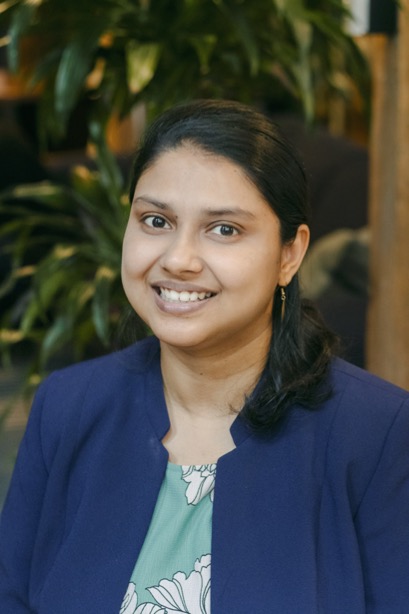
She studies how racial, religious, gender, and caste minorities use technological affordances for social organizing, and how these same tools are weaponized against them. She is published in Digital Studies/Le champ numérique, and Feminist Media Studies. @nandithamoorthy on Twitter and LinkedIn
Lindsay Sanneman
Department of Aeronautics and Astronautics, Massachusetts Institute of Technology
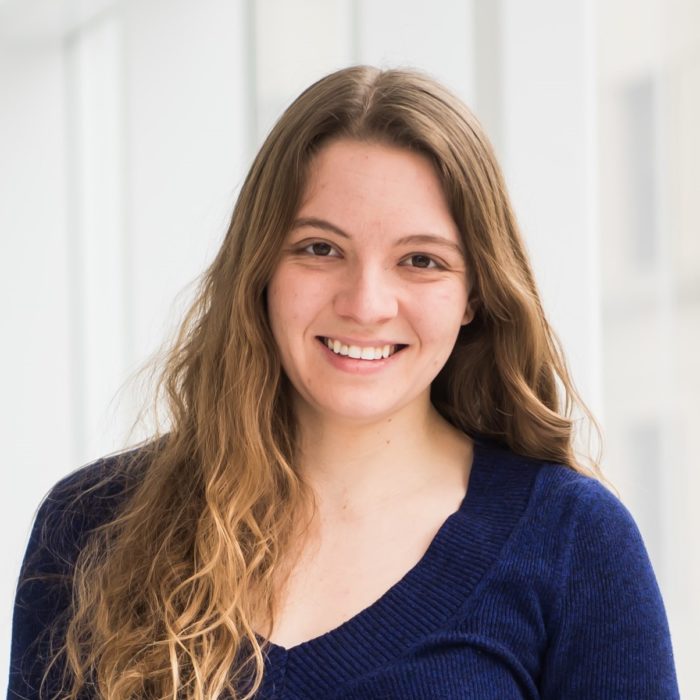
Lindsay Sanneman is a PhD candidate in the Department of Aeronautics and Astronautics at MIT and a member of the Interactive Robotics Group in the Computer Science and Artificial Intelligence Lab (CSAIL). Her interests primarily lie in AI value alignment, explainability and transparency for robotics and AI, and the impact of new robotics technologies on the nature and quality of work, particularly in the manufacturing setting.
Since 2018, she has been a member of MIT’s Work of the Future task force and has visited over 50 factories worldwide alongside a highly-interdisciplinary team in order to explore which technologies have been adopted and their impacts, how new technologies might improve the nature of work, what barriers exist to implementing these technologies on factory floors, and how we might implement technological solutions in a human-centered way. She received her bachelor’s degree from MIT in June of 2014 and completed her master’s degree on multi-level optimization techniques for the supply chain in June of 2018. Her current research aims to enhance human understanding of robot objectives through explainable AI techniques in order to improve the effectiveness of human-robot collaboration. @LindsaySanneman on Twitter
Ranjit Singh
AI on the Ground Initiative, Data & Society
Ranjit is a Researcher at the AI on the Ground Initiative of Data & Society Research Institute. His research interests lie at the intersection of data infrastructures, global development, and public policy. His current projects are focused on: (1) researching qualitative methods for algorithmic impact assessments and (2) mapping concepts and keywords and curating everyday stories centered on living with data and AI in/from the Majority World.
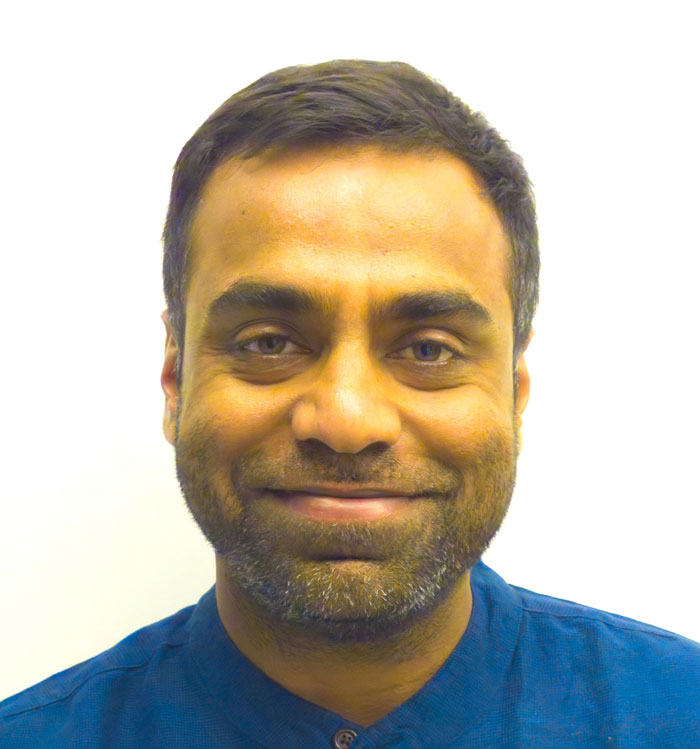
Prior to this work, his dissertation research at Cornell University focused on data-driven marginality and challenges faced by citizens in claiming voice and representation through data in biometrics-based data-driven organization of welfare services in India.
While for some data infrastructures work the same way, for others they break down in uneven and distributed ways. Contending with the making and management of this difference is at the heart of the pursuit of justice in a data-driven world. He engages with this difference as a generative point of departure for research, storytelling, and policymaking. LinkedIn
Eleanor Tursman
Aspen Digital, The Aspen Institute
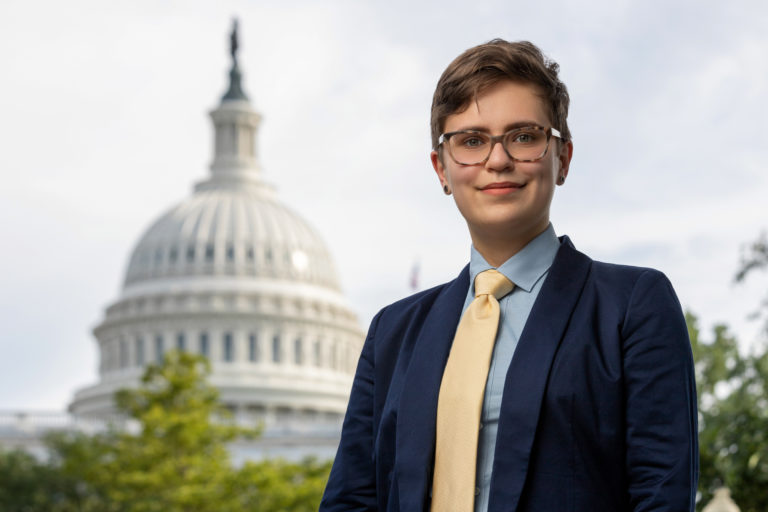
Eleanor Tursman is an Emerging Technologies Researcher at The Aspen Institute, where they work at the intersection of novel technologies, public education, and public policy.
Eleanor is a computer scientist by training invested in bridging the gap between academic research and policy to promote social good. They believe in advancing science-based governance of artificial intelligence and other emerging technologies, tools which—despite their potential benefits—can also be used to disenfranchise and discriminate against minority groups, threaten democracy, and propagate disinformation.
Prior to joining The Aspen Institute, Eleanor served as a TechCongress fellow in the office of Representative Trahan (D-MA-03), providing technical and scientific support for topics including health technology, educational technology, artificial intelligence, algorithmic bias, and data privacy. They also worked as a computer vision researcher at Brown University, with a specialty in 3D imagery and the human face. Their research centered on finding new ways to approach deepfake detection, with a focus on long-term robustness as fake video becomes harder to visually identify.
Eleanor has an M.S. in computer science from Brown University and a B.A. in physics with honors from Grinnell College.
Tiago Ventura
Center for Social Media and Politics, New York University
Tiago Ventura is a Postdoctoral Fellow at NYU’s Center for Social Media and Politics. He received his Ph.D. in Political Science from the University of Maryland in 2022. In Fall 2023, he will join the McCourt School of Public Policy at Georgetown University as an Assistant Professor in Computational Social Science. He works in computational social science exploring substantive issues on political communication and political behavior.
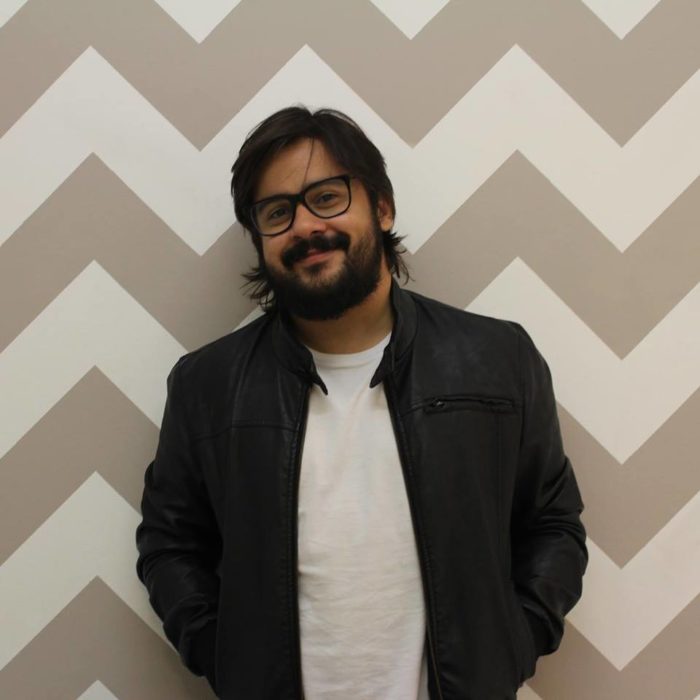
His substantive work in political communication focuses on content activation, news sharing, misinformation, and polarization on social media. He has explored these issues primarily in Latin American countries. Methodologically, Ventura is interested in digital field and survey experiments, developing network models to deal with big data, and applications of natural language processing to social science problems. @_tiagoventura on Twitter
Kathryn Zickuhr
Senior Policy Analyst, Washington Center for Equitable Growth
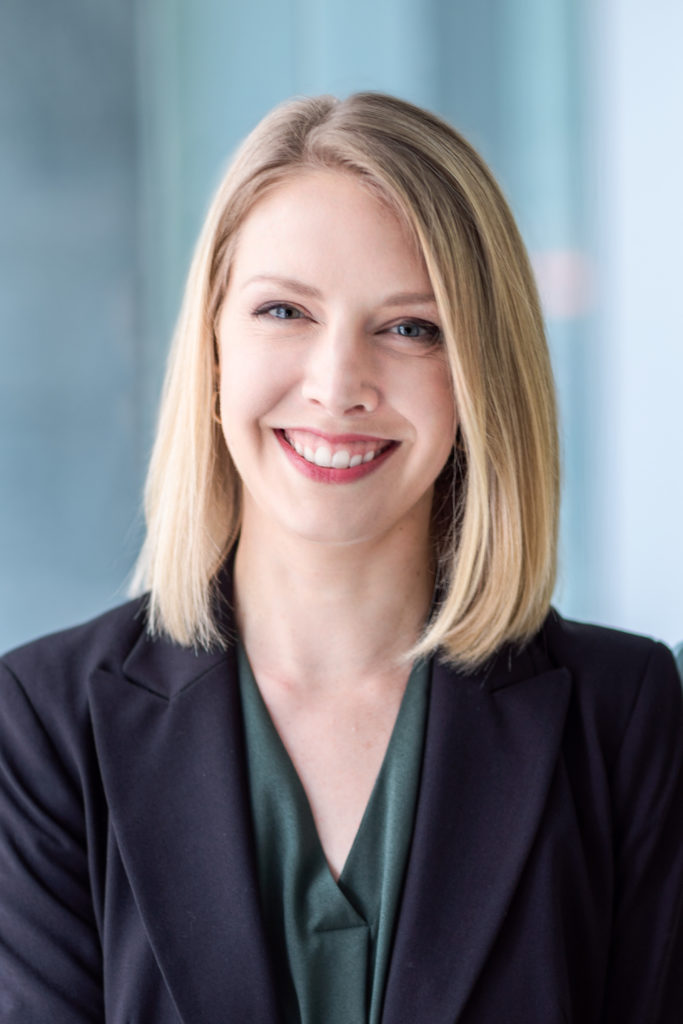
Kathryn Zickuhr is a senior policy analyst at the Washington Center for Equitable Growth, supporting the labor market program’s work on how inequalities in wages, bargaining power, and the evolving labor market affect workers’ economic security and opportunity as well as broad-based economic growth. She also leads Equitable Growth’s “future of work” portfolio, focusing on the intersection of technology and labor policy.
Prior to joining Equitable Growth, Kathryn served as the Director of Policy at the D.C. Policy Center, a local policy research organization in the District of Columbia. Previously, she was a research analyst at the Pew Research Center, where she studied the social impact of technology. Zickuhr holds an M.P.P. from Georgetown University and a B.A. from the University of Kansas. @kzickuhr on Twitter and LinkedIn


